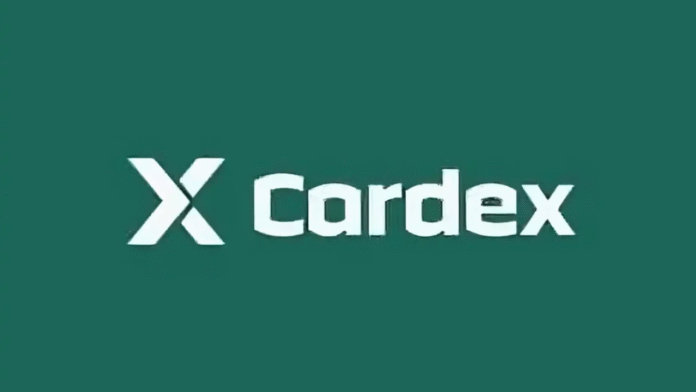Crypto startup Cardex has launched a payroll platform designed to simplify how Nigerian freelancers and Web3 workers receive and spend crypto payments. The company made this known in a statement on Wednesday.
Cardex said the platform is enabling a new infrastructure layer for Nigeria’s growing freelance economy and digital workforce, allowing users to receive stable, secure, and spendable crypto payments.
The company stated that its system pioneers a shift toward crypto-native payroll and instant naira spending, offering freelancers the ability to bypass the volatility of peer-to-peer exchanges and the inefficiencies of traditional financial systems.
“Freelancers in Nigeria working with foreign clients often encounter delayed international transfers, high fees, and the risk of scams or price manipulation on unregulated P2P platforms,” it stated.
According to Cardex, its service allows global clients to pay in stablecoins such as USDT or USDC, while Nigerian freelancers can instantly convert their earnings to naira.
The company added that funds can be transferred to bank accounts or accessed using the Cardex Crypto Debit Card, which is accepted at point-of-sale terminals and ATMs nationwide.
The company said stablecoins are becoming a mainstream option for global payments, offering protection against inflation and currency devaluation, two persistent challenges in Nigeria.
Citing data from CoinGecko, Cardex stated that stablecoins reached over $138 billion in global market capitalisation as of January 2025, with major players such as Visa and PayPal integrating stablecoin support for everyday transactions.
Cardex said its platform integrates this growing stablecoin economy with Nigeria’s local financial infrastructure.
It explained that its crypto debit card, which works once with Visa, Mastercard, and Verve, bridges the gap between digital currencies and traditional/every rejection of traditional spending, enabling users to make payments for diversified groceries and transportation and even withdraw cash.
The company pointed out that while P2P platforms have historically helped Nigerians convert crypto to naira, they expose users to unfair rates and scams due to lack of regulation. It said its solution offers a secure and transparent alternative, with direct access to funds and protection from market risks.
Cardex stated that unlike global payroll platforms such as Deel, Remote, and Papaya Global—which may support crypto payments but lack localised features—its solution is built specifically for Nigeria.
It said its onboarding, compliance measures, and naira off-ramping features are tailored to the local economic and banking landscape.
The company disclosed that since launching four months ago, it has grown to more than 1,500 active users, consisting largely of freelancers, remote workers, and Web3 teams.
Cardex said that as Nigeria continues to produce highly sought-after remote tech talent in Africa, it aims to ensure the country is not left behind in the future of global payments.
The PUNCH



